Red Borneo Kratom is a unique strain of the Mitragyna speciosa tree, native to the island of Borneo. This tropical...

Is Kratom Safe for Pregnancy? Exploring the Impacts and Safety Concerns
Kratom, a plant native to Southeast Asia, has gained increasing attention in recent years for its potential therapeutic benefits. While it has been traditionally used for pain relief and as a stimulant, some pregnant women have begun exploring the use of Kratom as an alternative to prescription opioids or to manage pregnancy-related symptoms. However, the safety of Kratom during pregnancy is a growing concern among healthcare providers and regulatory bodies.
What Is Kratom and How Is It Used?
Kratom (Mitragyna speciosa) is a tropical evergreen tree indigenous to countries like Thailand, Malaysia, and Indonesia. The leaves of the Kratom plant contain active compounds, primarily mitragynine, and 7-hydroxymitragynine, which can produce opioid-like effects when consumed.
Historically, Kratom has been used in traditional medicine practices in Southeast Asia. People would chew the fresh leaves, brew them into tea, or consume them in powdered form. More recently, Kratom has gained popularity worldwide, and it is available in various forms, including capsules, tablets, extracts, and tinctures.
Why Are Pregnant Women Considering Kratom?
Pregnancy can be a challenging time, with many women experiencing a range of physical and mental health concerns. Some pregnant women have turned to Kratom as a potential solution for managing these issues, particularly in the context of pain management and as an alternative to pharmaceutical opioids.
Pain management during pregnancy is a common concern, as expectant mothers may experience back pain, joint discomfort, or headaches. Some women view Kratom as a natural and potentially safer option compared to prescription painkillers, which can carry risks for the developing fetus.
Additionally, the opioid epidemic has led to a growing awareness of the dangers of pharmaceutical opioids, including their potential for addiction and adverse effects on the unborn child. In this context, some pregnant women have explored Kratom as a way to manage opioid withdrawal symptoms or as a substitute for prescription opioids.
What Does Research Say About Kratom Safety During Pregnancy?
The existing research on the safety of Kratom use during pregnancy is limited, and the findings are mixed. Some studies have suggested potential risks, while others have not found conclusive evidence of harm.
A review of case reports has identified instances of neonatal withdrawal symptoms, such as tremors, irritability, and poor sucking reflex, in infants born to mothers who used Kratom during pregnancy. These findings raise concerns about the potential impact of Kratom on fetal development and the risk of neonatal abstinence syndrome.
However, comparative analysis with other opioids suggests that the effects of Kratom may be less severe than those of traditional opioids. Nonetheless, the lack of robust clinical studies and the potential for variability in Kratom products make it difficult to draw definitive conclusions about the safety of Kratom use during pregnancy.
Can Kratom Affect Fetal Development?
The potential risks of Kratom use on fetal development are not yet fully understood. Some research has suggested that the active compounds in Kratom, such as mitragynine and 7-hydroxymitragynine, may cross the placental barrier and potentially affect the growing fetus.
Animal studies have shown that high doses of Kratom can lead to adverse effects on fetal growth and development, including low birth weight and delayed maturation. However, the applicability of these findings to human pregnancies is unclear, and more research is needed to determine the specific impacts of Kratom on human fetal health.
How Do Medical Professionals View Kratom Use in Pregnancy?
Healthcare providers generally advise against the use of Kratom during pregnancy due to the lack of robust safety data and the potential risks. Many medical organizations, such as the American College of Obstetricians and Gynecologists, recommend that pregnant women avoid the use of Kratom and other unregulated substances.
From a legal and regulatory perspective, the status of Kratom varies widely across different countries and jurisdictions. In some regions, Kratom is classified as a controlled substance, while in others, it remains largely unregulated. This lack of consistent legal and regulatory frameworks adds to the uncertainty surrounding the use of Kratom during pregnancy.
What Are the Recommendations for Pregnant Women Using Kratom?
Given the limited evidence on the safety of Kratom during pregnancy and the potential risks, healthcare providers generally recommend that pregnant women avoid the use of Kratom and explore safer alternatives for managing pregnancy-related symptoms.
For pregnant women experiencing pain, discomfort, or other issues, healthcare providers may suggest more well-established and evidence-based approaches, such as over-the-counter pain medications, physical therapy, or mindfulness-based techniques. In the case of opioid dependence or withdrawal, healthcare providers can provide guidance on evidence-based treatments, including medication-assisted therapy and behavioral interventions.
It is essential for pregnant women to have open and honest discussions with their healthcare providers about any substance use, including Kratom. This can help ensure that the provider can make informed decisions about the best course of action to protect the health of both the mother and the developing fetus.
The Bottom Line
While Kratom has gained attention as a potential alternative for managing various health concerns, the safety of its use during pregnancy remains a significant concern. The limited research and the potential risks to fetal development highlight the need for further investigation and a cautious approach.
Pregnant women should exercise caution and prioritize evidence-based, medically supervised approaches for managing pregnancy-related symptoms and any substance use. Open communication with healthcare providers is crucial to ensure the well-being of both the mother and the unborn child.
Disclaimer from Speakeasy Kratom
The statements and products presented on this website have not been evaluated by the Food and Drug Administration (FDA). Any information on this website is solely the opinions of the respective authors, who do not claim to be medical professionals providing medical advice. By purchasing the products, the customer agrees to be aware of and compliant with their local regulations.
The products mentioned on this website are not intended to diagnose, prevent, treat, or cure any diseases or health conditions. Speakeasy Kratom and its owners or employees cannot be held responsible for or liable to the inaccuracy or application of any information provided. Customers must be 21 years or older to purchase Kratom, and the products are not for internal use. The FDA has not approved kratom as a dietary supplement, and the website does not ship to certain states, cities, and counties where Kratom is banned.

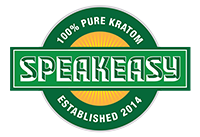





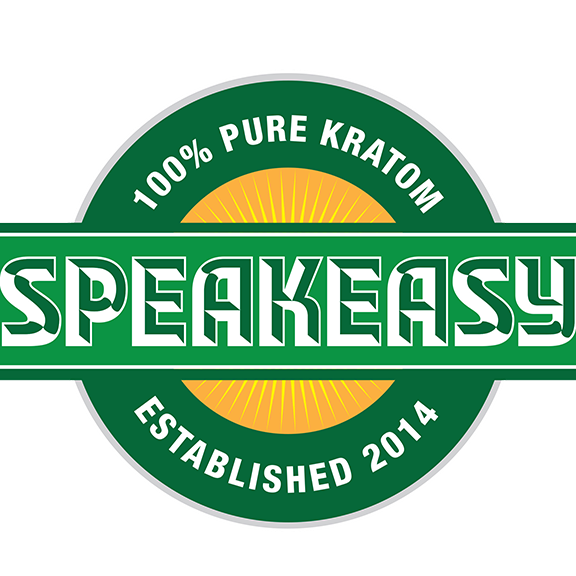
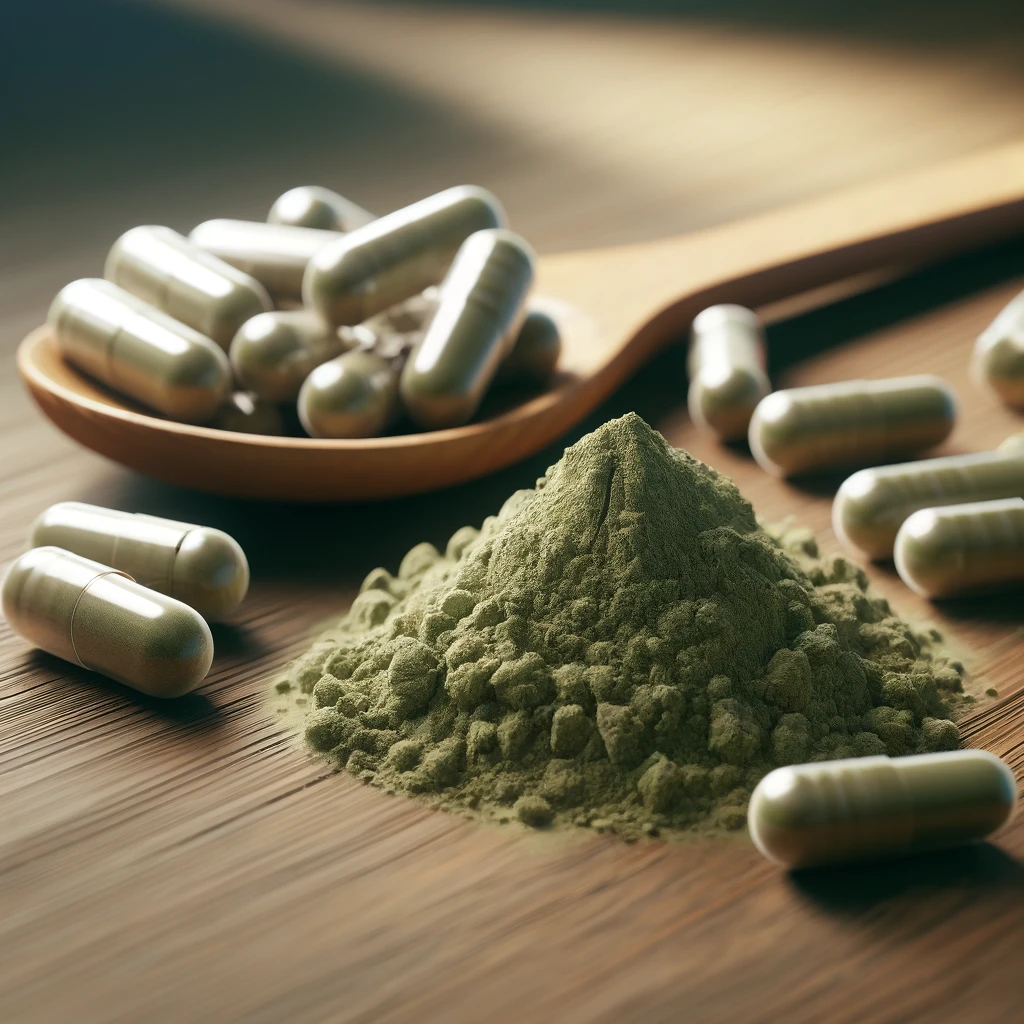


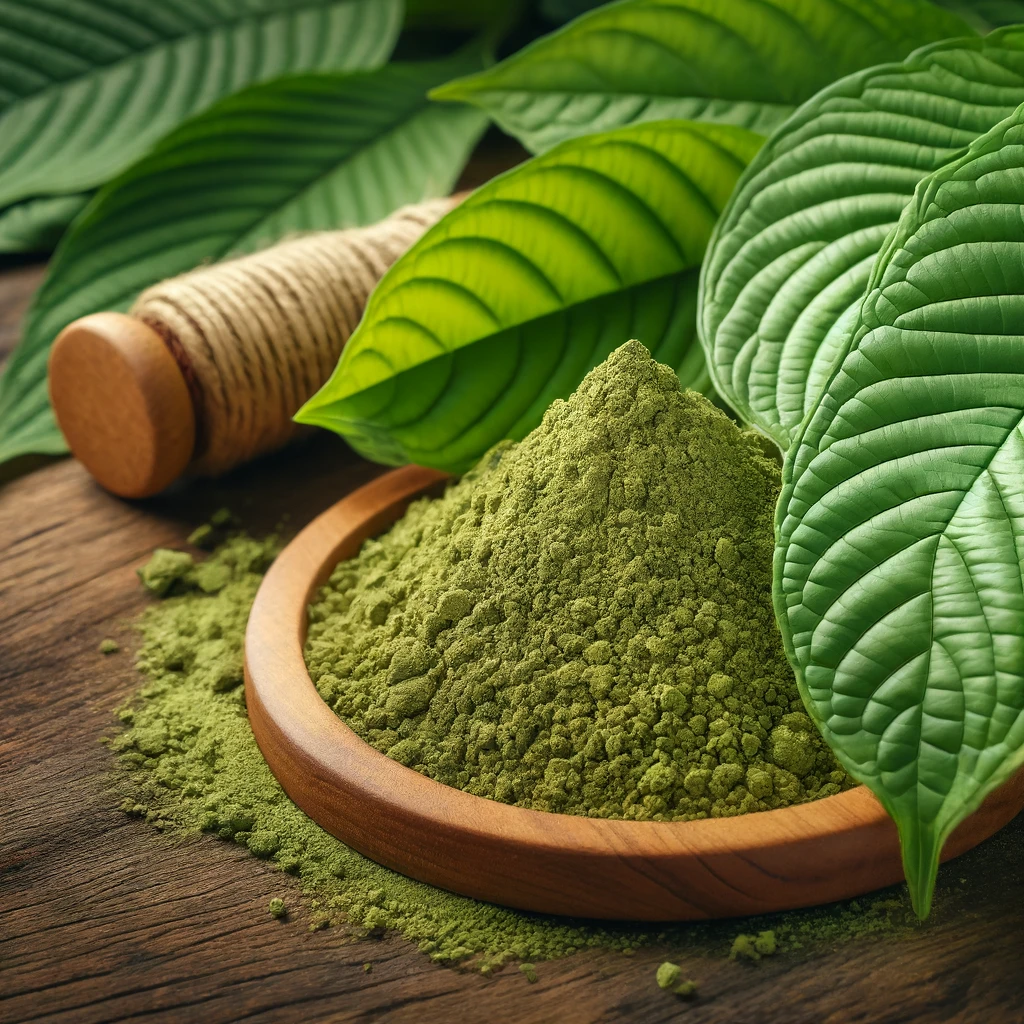
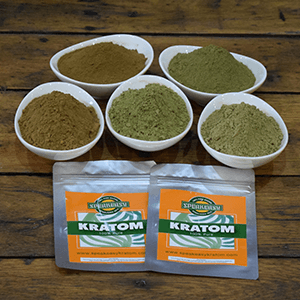

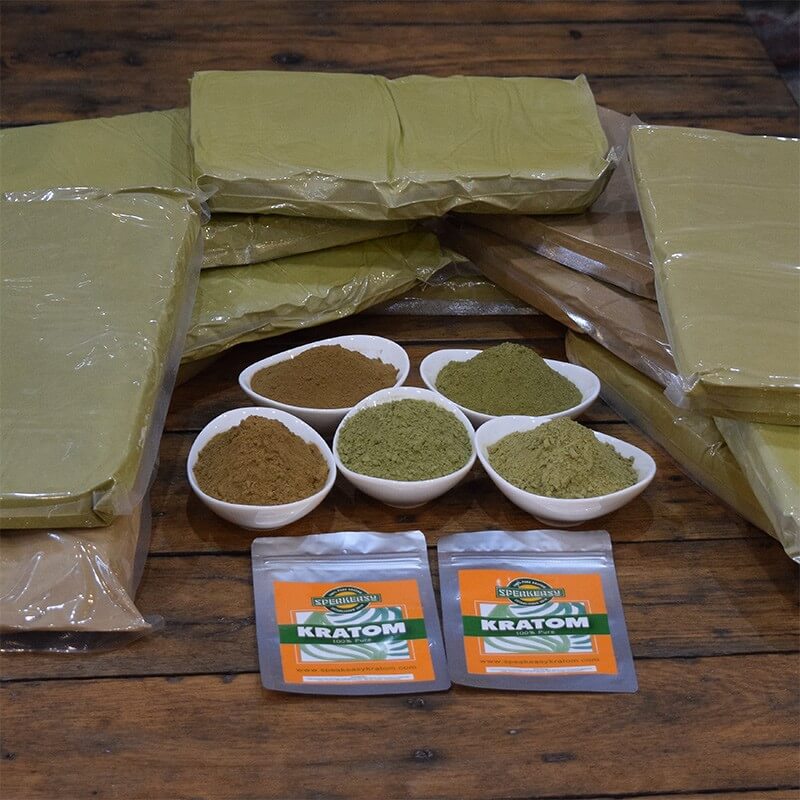
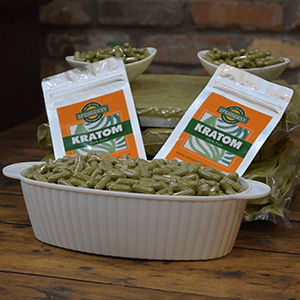

Leave a comment